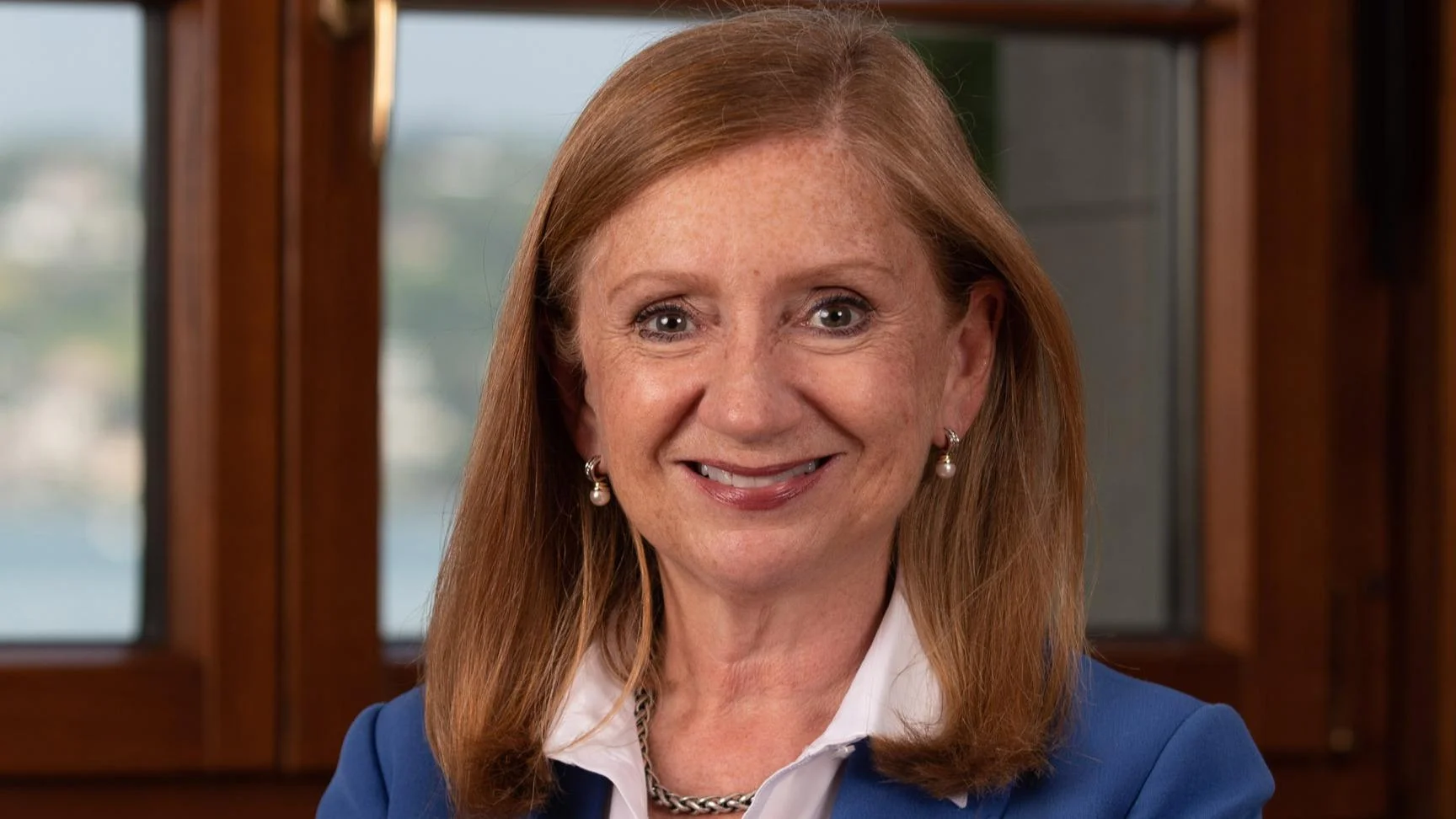Ambassador Clare Kelly of New Zealand, who coordinates the Fossil Fuel Subsidy Reform (FFSR) initiative, shared updates on recent activities aligned with the 13th Ministerial Conference's Ministerial Statement and work program.
The first pillar focuses on using existing WTO mechanisms to enhance transparency. Since March 2024, members have posed FFSR-related questions in 14 WTO Trade Policy Review meetings to encourage information sharing on fossil fuel subsidies and their reform. These inquiries are based on sample questions from Annex II of the MC13 Joint Ministerial Statement on Fossil Fuel Subsidies. Additionally, co-sponsors are developing more questions for inclusion in TPRs due in 2025.
Progress under the second pillar involves drafting an information paper that compiles publicly available data on temporary energy crisis measures and their review, adjustment, and phase-out processes. This aims to facilitate experience sharing and future steps.
For the third pillar, which seeks to identify harmful fossil fuel subsidies and support their reform, members are exchanging information about specific subsidy types like those for fossil fuel production and emissions-intensive industries. This will help determine focus areas for detailed investigation in 2025.
Members were also updated on recent developments and trends in fossil fuel subsidies and energy investments through various presentations. Costa Rica and Switzerland discussed the Fossil Fuel Subsidy chapter of the newly signed Agreement on Climate Change, Trade and Sustainability (ACCTS), emphasizing it as a pioneering enforceable international framework for reforming harmful fossil fuel subsidies.
The International Energy Agency (IEA) and the Organisation for Economic Co-operation and Development provided insights into trends in fossil fuel subsidies and energy investments.
An informal planning meeting is scheduled soon to outline FFSR Initiative meetings and themes for next year.

